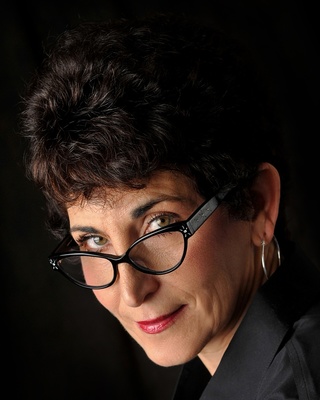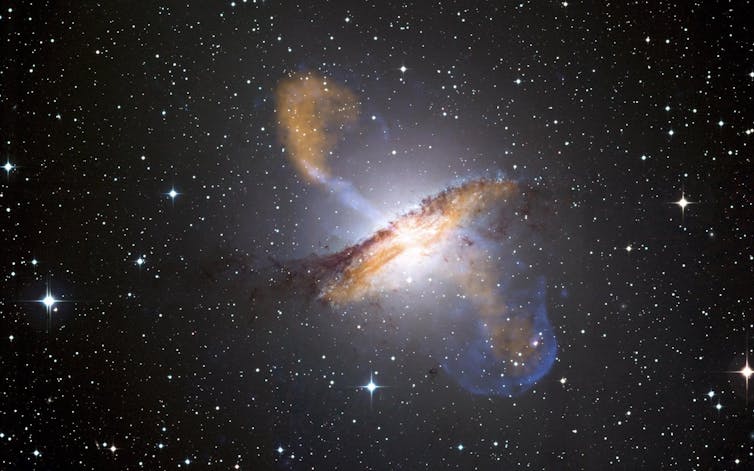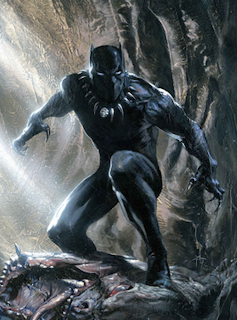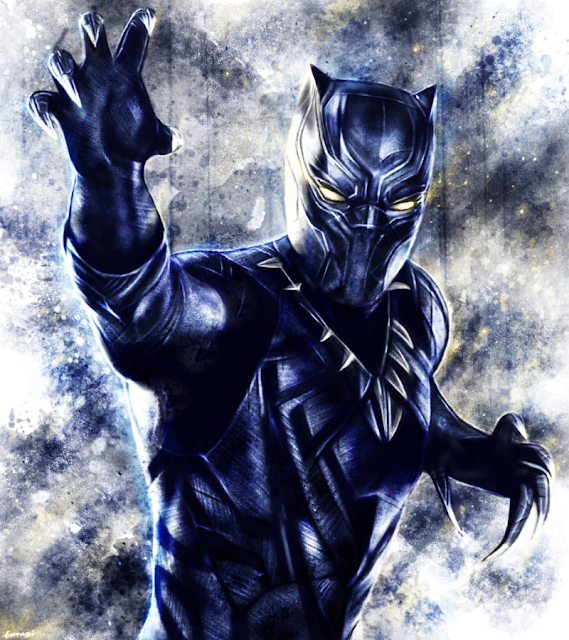 |
| From Trailer Parks to the White House |
As recent headlines of alleged domestic violence by top White House officials demonstrate, abusive behavior transcends all socio-economic lines. Dr. Laura Streyffeler's book, Wife Beater Shirt Optional, reveals that abuse is not limited by social or economic class, age, race, gender, or sexual orientation. Using real life examples and frank discussions, the author pulls the reader into the minds and behaviors of both victims and abusers.
The book introduces you to an upper middle class woman who denied being a victim of domestic violence because in her mind, real victims "live in trailer parks and their husbands wear 'wifebeater shirts'."
This book explains why there is no dress code for domestic violence. Dr. Laura Streyffeler addresses the many myths and misperceptions about domestic abuse and violence.
Recent headlines of sexual abuse in the entertainment industry is another example of abuse of power. Dr. Streyffeler's book discusses the dynamics of power and control, the various types of abuse and the resulting trauma.
A trending question is "Why is it taking victims so long to come forward?" Dr. Streyffeler's book provides the answer to this question and many more.
"Wife Beater Shirt Optional"
By Laura Streyffeler, Ph.D., LMHC
Hardcover | 5.5 x 8.5 in | 154 pages | ISBN 9781504388238
Softcover | 5.5 x 8.5 in | 154 pages | ISBN 9781504388214
E-Book | 154 pages | ISBN 9781504388221
Available at Amazon and Barnes & Noble
About the Author:
 |
| Dr. Laura Streyffeler (via Psychology Today) |
Laura Streyffeler, Ph.D., LMHC, is a licensed mental health counselor and a board certified expert in traumatic stress and in domestic violence and forensic counseling. Streyffeler maintains a psychotherapy practice while providing professional trainings and serving as an expert witness in domestic and sexual violence and other trauma related court cases.
SOURCE: Dr. Laura Streyffeler, WBSO LLC






































